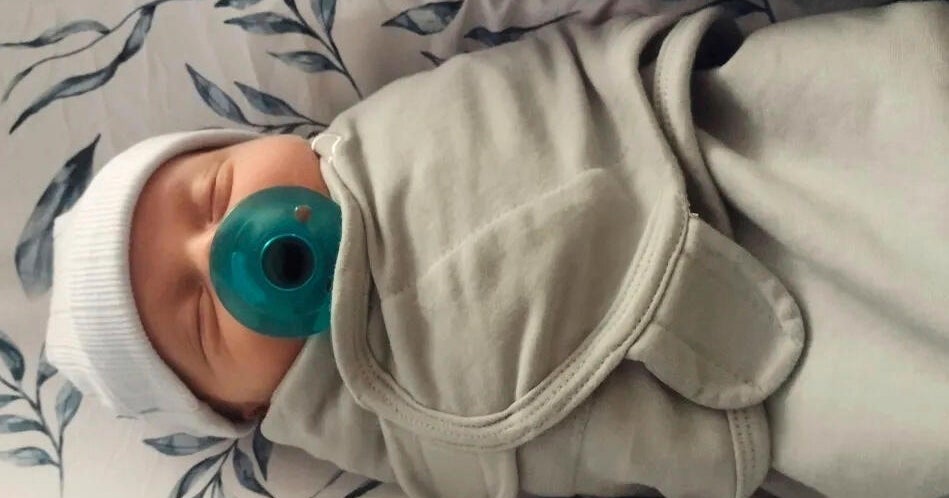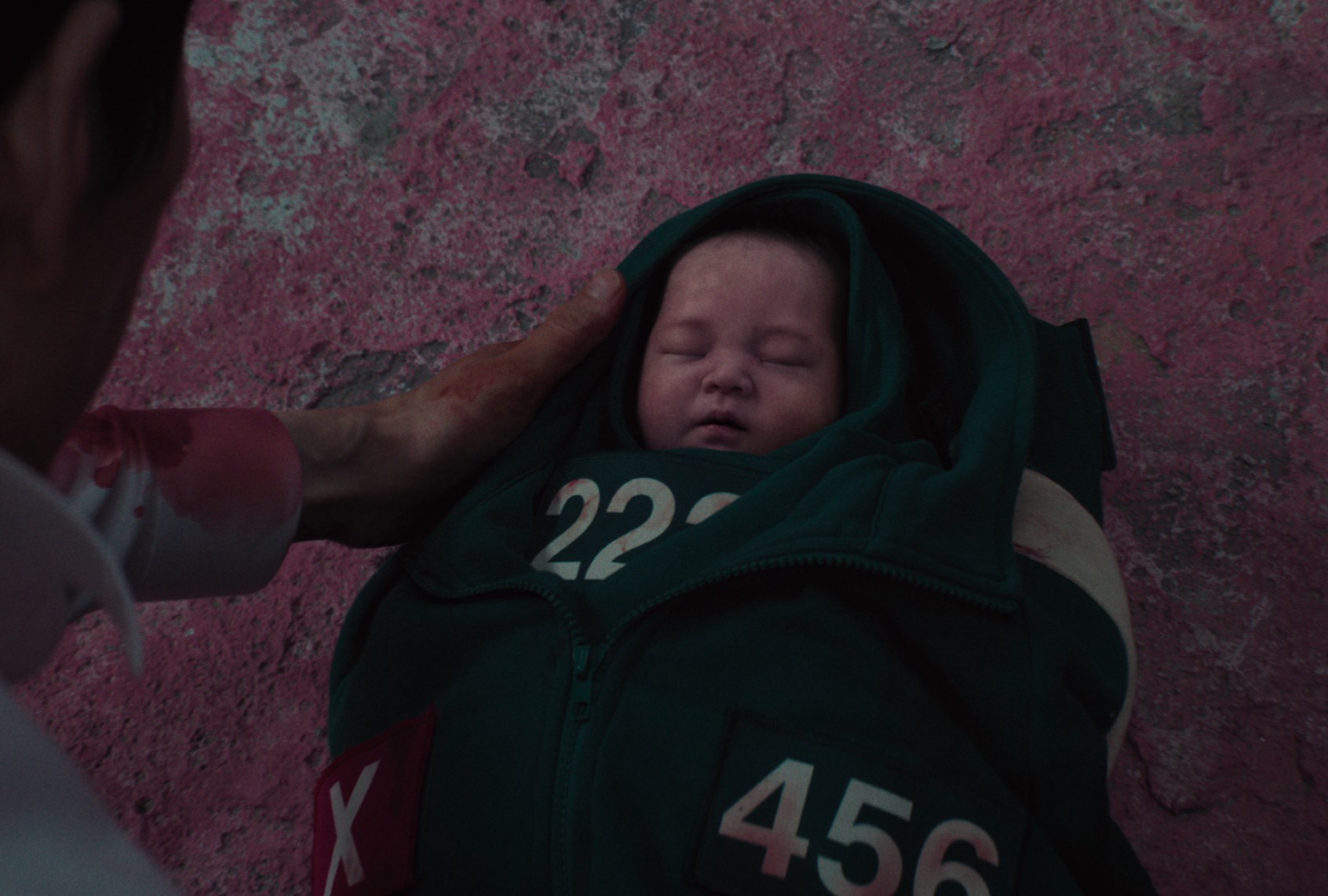T4K3.news
Historic baby born from record-breaking frozen embryo
A baby boy was born from an embryo frozen for over 31 years, marking a new milestone.

An embryo frozen since 1994 has resulted in a live birth, marking a significant milestone in fertility treatment.
Baby born from longest-frozen embryo sets remarkable record
A baby boy born to an Ohio couple marks the lengthy journey of an embryo frozen for over 31 years, setting a potential record for the longest storage time before a live birth. Linda and Tim Pierce welcomed their son after encountering challenges with infertility. The embryo, donated in 1994, was part of a growing trend known as embryo adoption, typically supported by advocates who believe in preserving all embryos as potential lives. Medical experts point out that around 1.5 million frozen embryos are stored in the U.S. today, with many remaining unclaimed as parents decide their fate. Recent legal developments, particularly in Alabama, acknowledge the status of frozen embryos as children, adding complexity to the conversation around their storage and adoption. In this case, the journey involved overcoming logistical hurdles to ensure the embryo's successful transfer, culminating in an emotional milestone for all parties involved.
Key Takeaways
"I wanted to be a part of this baby's life."
Linda Archerd, the embryo donor, expresses her desire for connection with the family.
"These stories catch the imagination and provide a cautionary tale."
Dr. John David Gordon highlights the implications of such long-term embryo storage.
"We didn't go into this thinking about records; we just wanted to have a baby."
Lindsey Pierce reflects on their primary goal amid the record-setting circumstances.
"I'm hoping that they're going to send pictures."
Linda Archerd shares her emotions regarding the future relationship with the baby and family.
This birth underscores a significant shift in societal attitudes towards embryo adoption. The increasing acceptance of embryo donation reflects a deeper understanding of infertility challenges, sparking broader debates about the ethics and responsibilities surrounding unused embryos. With legal rulings affirming embryos’ personhood, the landscape for reproductive rights seems poised for further evolution. As more families explore this path, the medical community faces pressing inquiries about the staggering number of embryos in storage, their future, and their implications for both regulation and ethics.
Highlights
- This birth redefines the boundaries of hope and family.
- An embryo's journey, frozen for decades, finally finds a home.
- Legal definitions of embryos offer a new frontier for families.
- Every frozen embryo holds a story waiting to be told.
Complexities surrounding embryo status raise ethical concerns
The recent legal recognition of frozen embryos as children introduces potential ethical dilemmas. How society navigates the implications of these rulings may lead to significant public discourse and possible backlash.
As more families consider embryo adoption, the need for clear ethical guidelines becomes urgent.
Enjoyed this? Let your friends know!
Related News

Oldest baby born from 1994 frozen embryo

Ohio couple gives birth to son from historic frozen embryo

Oldest baby in the world born from frozen embryo
Ohio couple celebrates birth from embryo frozen for over 30 years

Thaddeus born from world’s oldest embryo

Baby from Squid Game sparks discussion

Edward Zakrzewski executed in record-setting Florida case

Dismembered body discovered in Italy
